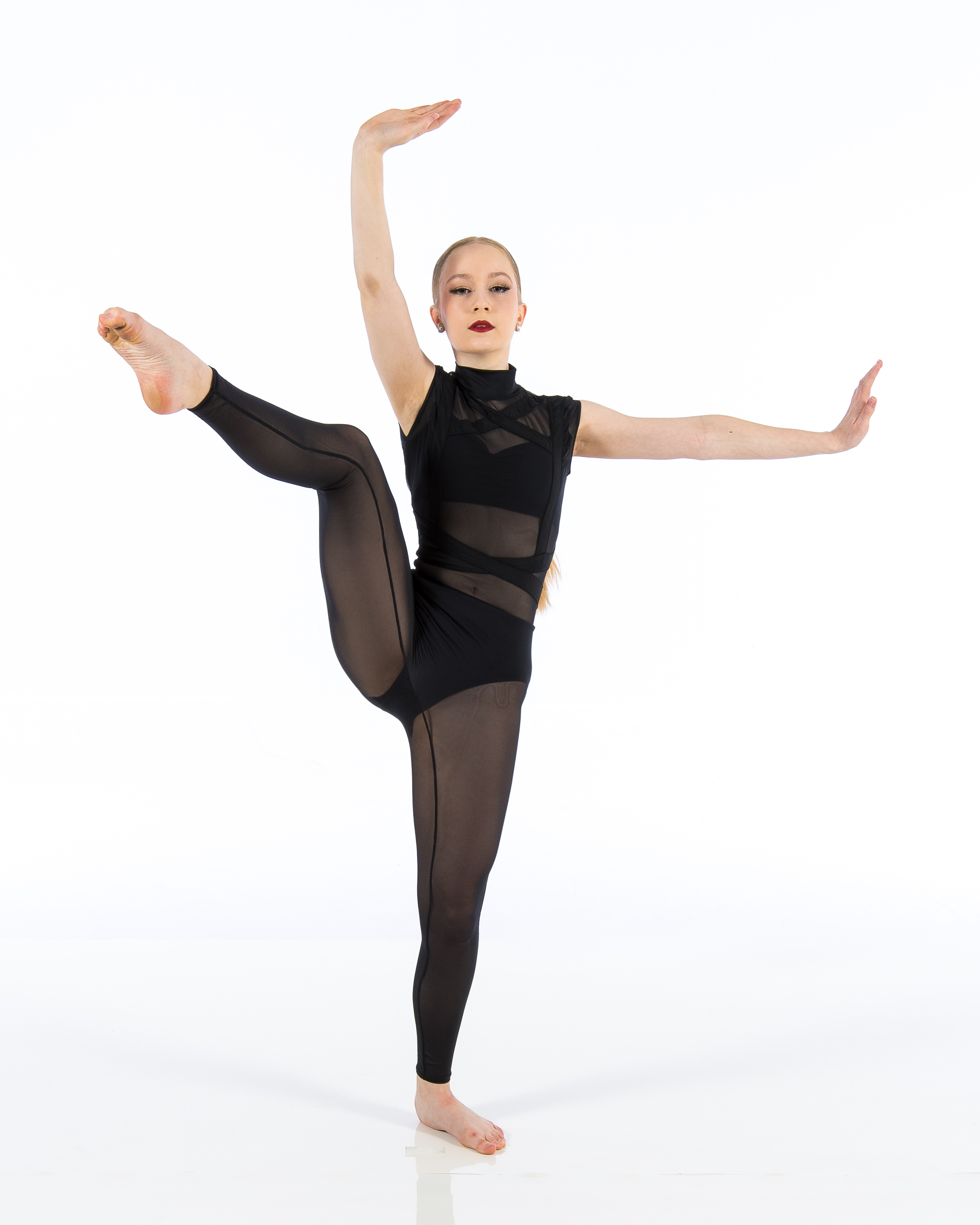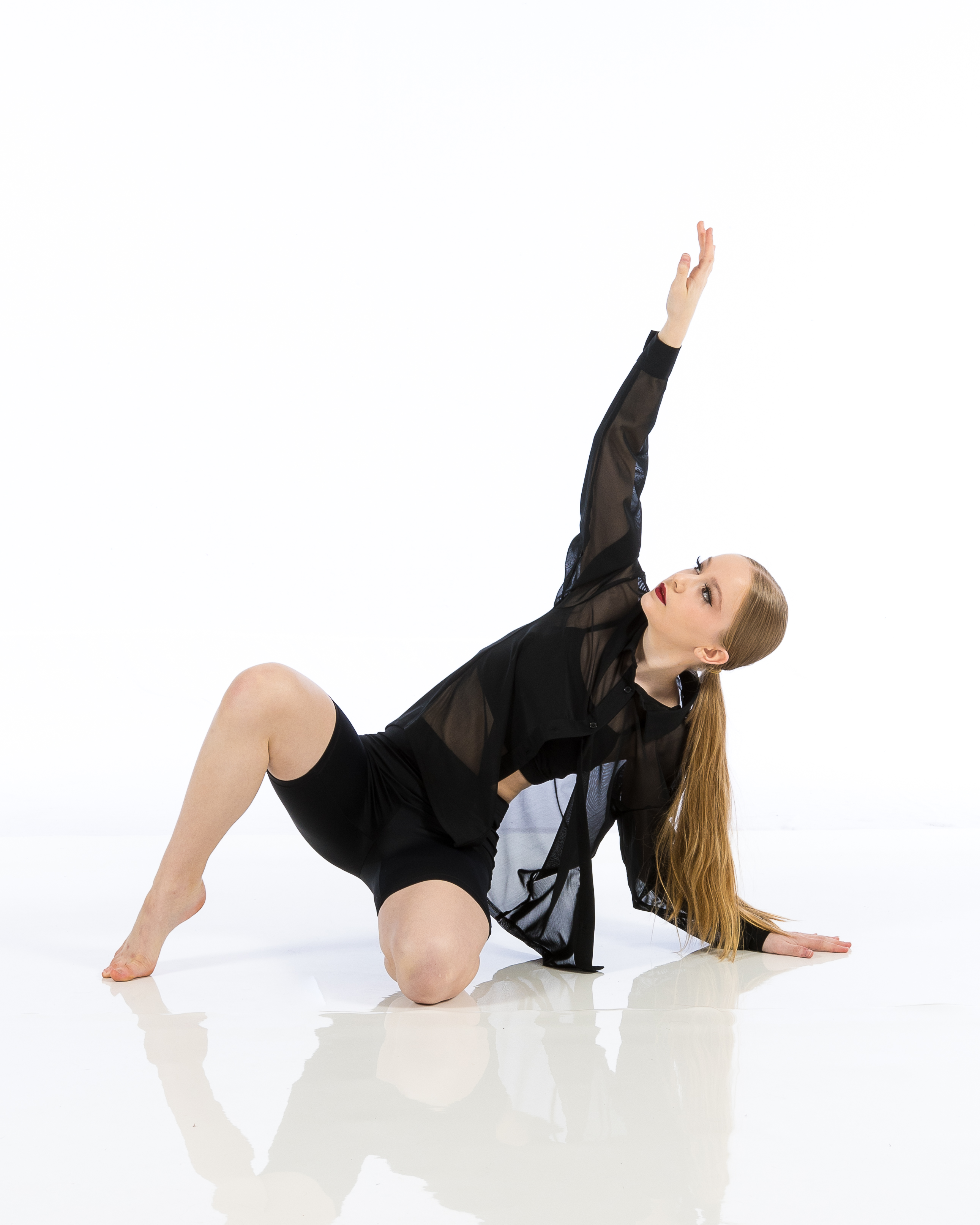Introduction
Dance is more than just a form of artistic expression; it's a journey that encompasses rigor, resilience, and an unwavering spirit. Enrolling in a dance academy offers individuals not only the chance to master the art of movement but also the opportunity to cultivate essential life skills. Through commitment and dedication, students develop qualities that extend beyond the dance floor, shaping who they are as individuals. This article delves into how the experiences gained at a dance academy foster these vital skills.
Commitment and Dedication: Life Skills Learned at a Dance Academy
Defining Commitment in Dance
Commitment in dance refers to the level of dedication a dancer has towards mastering their craft. It involves consistent practice, attendance, and a willingness to push through challenges. Dancers learn that commitment isn’t merely about showing up; it’s about being fully engaged.

Dedication: The Heart of a Dancer
Dedication goes hand-in-hand with commitment but emphasizes emotional investment. It’s about having passion for one’s craft and striving for excellence. Dancers often find themselves dedicating countless hours to rehearsals, performances, and competitions.
The Connection Between Commitment and Dedication
At its core, commitment fuels dedication. When dancers commit to their training, they naturally become more dedicated to their growth as artists. This synergy cultivates resilience—a crucial life skill applicable in all areas of life.
Building Discipline Through Dance Training
Discipline is paramount in any dance academy setting. Students learn to adhere to strict schedules filled with classes, rehearsals, and performances. This structure instills time management skills that are beneficial far beyond the studio.
Time Management Techniques Learned
- Prioritizing tasks Setting goals for practice sessions Balancing dance with academic or work commitments
Resilience: Overcoming Challenges on Stage
Every dancer faces setbacks—be it injuries or performance anxiety. Learning how to cope with these challenges builds resilience. Dancers who have fallen short during auditions or competitions learn valuable lessons about perseverance.
Cultivating a Growth Mindset
- Embracing mistakes as learning opportunities Fostering an attitude of continuous improvement Seeking feedback for personal development
Teamwork: Collaborating with Fellow Dancers
Dancing often involves group performances where teamwork is essential. Students learn how to communicate effectively Ballet Dance Class with peers, fostering camaraderie and trust within the group.
Lessons in Cooperation
- Understanding roles within a team Supporting each other during rehearsals Celebrating collective achievements
Confidence: Finding Your Unique Voice
Dancing requires vulnerability; performers expose themselves emotionally on stage. Through this experience, dancers develop self-confidence as they learn to embrace their individuality.
Public Speaking Skills Gained from Performing
Regularly performing helps dancers become comfortable speaking in front of an audience, which translates into stronger communication skills in everyday situations.
Creativity: Expressing Yourself through Movement
Artistic expression is at the core of dance. Students are encouraged to explore their creativity during choreography sessions, leading them to think outside the box.
Fostering Innovation in Problem Solving
The creative skills developed in dance can enhance one's ability to approach problems from various angles—an invaluable trait in any career path.
Cultural Awareness through Diverse Dance Styles
Dance academies often expose students to various styles from around the world—ballet, hip-hop, salsa—each rooted in different cultural contexts. This exposure promotes cultural awareness and appreciation.
Understanding Global Perspectives
- Exploring diverse histories behind different dances Engaging with international students Participating in multicultural events
Emotional Intelligence Developed through Dance Interaction
Dancing isn’t just physical; it’s emotional too! Understanding one's feelings and those of others enriches social interactions both inside and outside the studio.
Recognizing Emotional Cues in Peers
Dancers learn how body language communicates emotions effectively—skills that enhance interpersonal relationships throughout life.
FAQs About Dance Academies
1. What age should I start dancing?
While there’s no perfect age to start dancing, many academies offer classes for children as young as three years old! Starting early can help develop foundational skills but it’s never too late—many adults join classes too!
2. How long does it take to become proficient?
Proficiency varies widely depending on individual effort and practice frequency. Generally speaking, consistent training over several years can lead one toward advanced levels.
3. Do I need previous experience?
Most dance academies cater to all skill levels—from beginners without any experience to more advanced dancers looking to refine their techniques!
4. What should I wear for classes?
Attire typically includes comfortable clothing that allows freedom of movement—such as leotards or yoga pants—and appropriate footwear like ballet shoes or jazz sneakers depending on class type!
5. Are there performance opportunities?
Absolutely! Most academies provide regular performance opportunities ranging from showcases within the school environment up through competitions or festivals!
6. Is dance training expensive?
Costs vary based on location and level of instruction—but many places offer scholarships or financial aid options for committed students aiming for excellence regardless of financial constraints!
Conclusion
In conclusion, enrolling in a dance academy provides much more than just technical skill building; it fosters life-changing qualities such as commitment and dedication that resonate throughout every aspect of life! The journey nurtures discipline while enhancing emotional intelligence—all while creating cherished memories along the way! Whether you’re twirling across stages worldwide or simply connecting with yourself through movement—the life lessons learned at a dance academy will undoubtedly remain ingrained within you forever!

This article serves as an extensive exploration into Commitment and Dedication: Life Skills Learned at a Dance Academy, illustrating how these values shape individuals both personally and professionally.